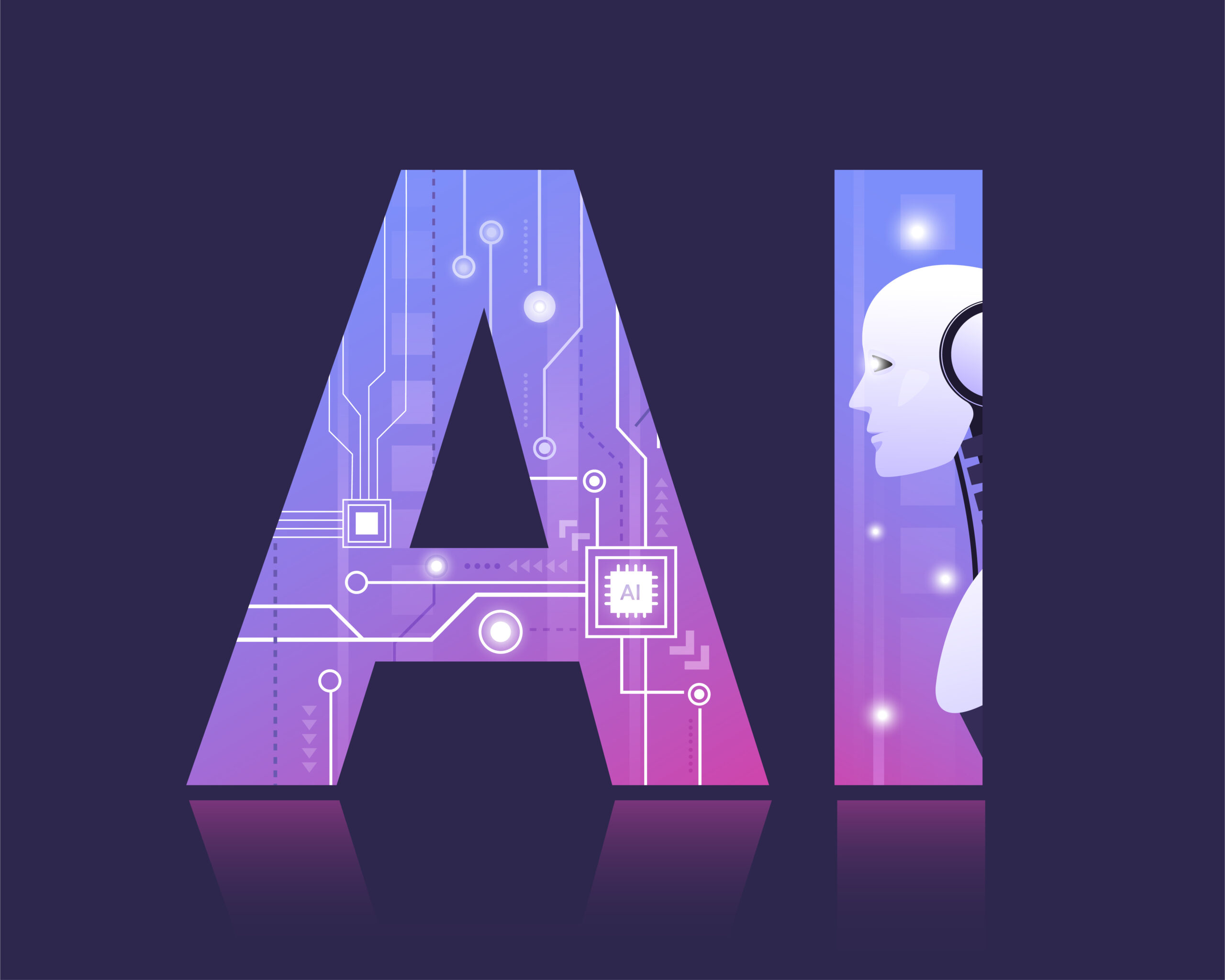What Does AI First Mean?
Understanding the AI First Approach
“AI First” isn’t just a buzzword—it’s a transformative mindset reshaping how we build, grow, and scale businesses in the 2020s. To be AI First means making artificial intelligence the starting point of innovation and strategy. It’s about designing systems, products, and operations with AI technologies at their core, not as an afterthought.
This approach aligns closely with Sandy Carter’s philosophy in her book AI First, Human Always. Sandy—a seasoned tech executive and Vice President at AWS—makes a compelling case for putting AI at the center of digital transformation while never losing sight of the human element. Her book is arguably one of the best resources for any entrepreneur or business leader serious about embracing an AI-first mindset.
Key Principles of an AI First Mindset
- Proactive, Not Reactive: Build AI into product design and customer journey planning from the beginning.
- Human-Centric: Use AI to amplify human intelligence, not replace it. That’s the “always” part in AI First, Human Always.
- Iterative Learning: Adopt machine learning models that continuously evolve with data and behavior.
- Agility in Execution: AI-first startups and companies embrace fast testing, feedback loops, and adaptation.
How to Cultivate an AI First Culture
- Educate your team on the capabilities and limitations of AI systems.
- Embed AI champions in cross-functional teams.
- Prioritize data ethics and governance early.
- Use AI to automate routine processes, freeing up teams for strategic thinking.
How is AI Changing Business Strategies?
Impact of Artificial Intelligence on Business Growth
AI is not just a feature—it’s the engine driving business transformation. From customer acquisition to fraud detection in fintech, AI is going beyond traditional automation to help companies scale faster and smarter. Businesses that take an AI-first approach can optimize operations, accelerate product development, and stay competitive in a fast-evolving market.
Integrating AI Tools into Business Operations
Many U.S.-based startups are already weaving AI into daily workflows. Whether it’s AI-powered chatbots for customer support or predictive analytics for inventory, AI technologies are enabling real-time decision-making at scale. Tools powered by machine learning can automate repetitive tasks, allowing businesses to focus on innovation.
Examples of AI First Companies
- Google: Their entire infrastructure is built with an AI-first foundation.
- OpenAI: Obvious, but it’s worth noting how foundational LLMs and Gen AI have become.
- Startups in the Google for Startups Accelerator: Especially those in tech and finance, are leading in adopting complex AI into scalable business models.
What Are the Future Applications of AI?
Exploring Generative AI and Its Impact
Gen AI is reshaping content creation, product design, and even software development. Startups are using Gen AI tools to generate code, design mockups, and create marketing content. We’re entering an era where creativity is no longer bound by human bandwidth alone.
Emerging Trends in the AI Era
- AI-driven personalization across e-commerce platforms
- Voice AI in customer service
- AI in healthcare diagnostics
- LLMs integrated into business platforms
The future of AI lies in how these technologies become seamlessly embedded in business models across industries.
Future-Proofing Businesses with AI
Future-proofing means preparing your business for what’s next. To do that:
- Build AI into your product roadmap
- Partner with AI-first startups and consultants
- Join accelerator programs for high potential technology startups based in the U.S.
How Can Business Leaders Leverage AI for Transformation?
Strategies for AI Adoption
- Start with pilot projects that solve clear business problems
- Build internal AI literacy across departments
- Invest in infrastructure for scalable AI systems
- Use external playbooks like Sandy Carter’s book for business as a guide
Case Studies of Successful AI Transformations
- Starbucks (under Adam Brotman): Leveraged AI for personalized customer rewards
- Zest AI in fintech: Uses machine learning to assess credit risk beyond traditional metrics
- High tech and finance firms: Leading examples of how to use AI without overhauling entire systems overnight
What Challenges Do Organizations Face with AI Implementation?
Overcoming Barriers to AI Adoption
- Lack of talent: Finding AI expertise can be tough for startups.
- Data silos: AI needs access to clean, structured data.
- Cost: Complex AI systems can be expensive to develop and maintain.
Addressing Concerns Over AI Ethics
A truly AI-first organization must establish ethical AI frameworks:
- Transparent data usage
- Bias mitigation strategies
- Human oversight on automated decisions
Sandy Carter emphasizes that being AI First doesn’t mean losing the human touch. Instead, it’s about building AI that augments human potential.
Managing Change in an AI First Environment
Change management in AI adoption is as much about mindset as it is about tools. Leaders must:
- Communicate the “why” of AI
- Encourage bottom-up innovation
- Align AI projects with business transformation goals
How to Get Started with AI for Your Business?
Steps to Implementing an AI First Strategy
- Audit current processes to identify AI opportunities
- Define use cases aligned with business goals
- Select tech partners with proven AI success
- Test, learn, and scale AI initiatives
Resources and Tools for AI Integration
Explore playbooks, join startup communities, and engage in programs like the Google for Startups Accelerator to keep learning.
Finding AI Expertise for Your Team
You don’t need a 20-person AI team. Start by hiring:
- 1 data scientist with machine learning experience
- 1 product manager enthusiastic about AI
- 1 developer who can build AI workflows
Final Thoughts: Being AI First Is No Longer Optional
The pace at which AI is going is staggering. To remain relevant, businesses must adopt an AI-first mindset that combines technical innovation with human empathy. Sandy Carter’s AI First, Human Always is a must-read playbook for leaders ready to embrace this shift.
Whether you’re running a tech startup or a legacy business looking to innovate, now is the time to build AI into your DNA—because the future belongs to those who are AI First.
